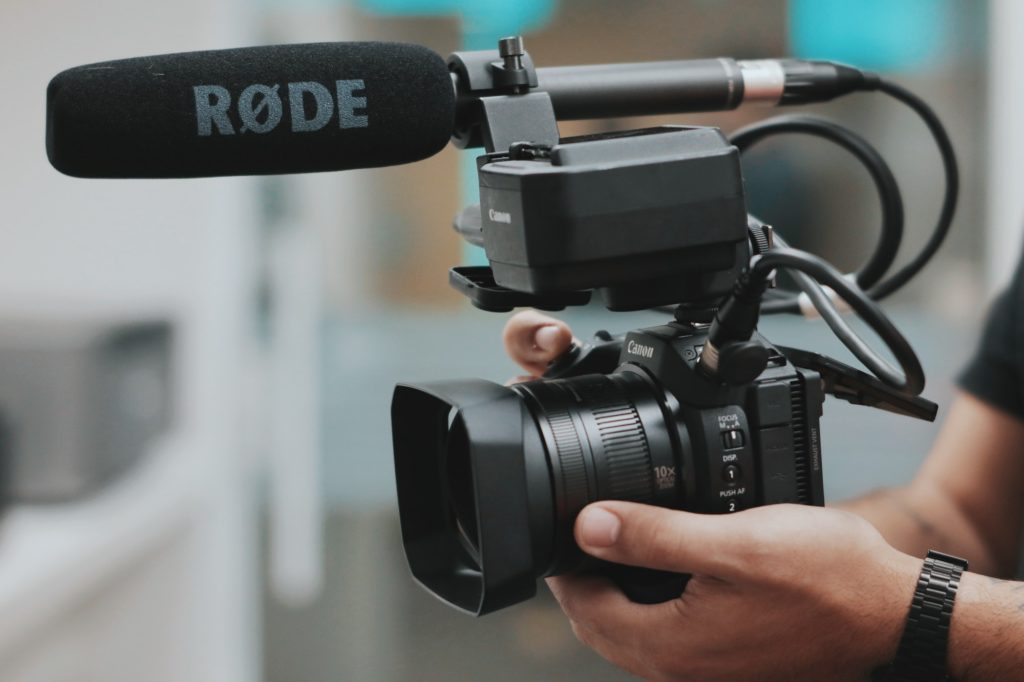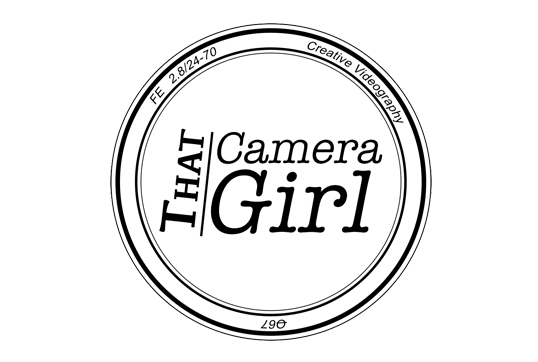My first ever client…
I remember my very first client, I filmed and edited a wedding video for my best friend’s cousin. I was studying film and televsion at university, and I was absolutely over the moon at having a real videography job.
A real, paying client!
I filmed for about 10 hours on their wedding day, and then spend the better part of the next two weeks editing together a 45 minute feature film of their day.
My first ever videography job earned me $300… But damn, that was most exciting $300 I had ever earned.
So, you are here because you’ve landed your first client, or maybe you’re nearly ready to get into the video game. Either way, that is awesome, and I’m very excited to share some tips for working with clients that I’ve picked up since that wedding video back in 2015.
If you’re just starting out, working with clients can be really daunting, but with the right planning it doesn’t have to be! Here are some things you can do to make sure your client has a great experience with you so they get you back the next time they want a video.
Your camera skills will improve over time with every video you create. To make sure you land those jobs, let’s talk about how you can present yourself as a professional and deliver a great client experience.

Remember the 5 P’s
Prior planning prevents poor performance.
Before we even get to the shoot, we need to do some prep work in pre-production.
Get to know a bit about your client’s business – the more prepared and knowledgeable you are about what they’re all about, the better the outcome of the video will be
And, your client will be impressed.
Check in with your client a few days prior to the shoot, and again the day before to make sure they’re feeling ready, and to finalise any details so you don’t waste any time on the shoot day with any nitty-gritty details that could have been worked out with a two minute phone call
Make your client feel important
If you take anything away from this video, make it this. When you make the people around you feel important, you will be able to build strong rapport, and a great connection with them.
When you make your client feel important, they’ll also be more forgiving if you make a mistake, are running late on a deadline, or ask them to redo the shot for 54th time.
When you walk in to a shoot with the attitude of ‘this is just a pay check’ your client will pick up on that energy and neither of you are going to have a good experience.
Make your client feel like you are invested in their project, and they will do anything you say
Be punctual – give yourself heaps of time
When you set up a start time with your client, be realistic about how long you need to set up. Figure out how long it takes you to set up your equipment and work your way back from there.
If it takes you half an hour to set up your equipment, give yourself 40 minutes. If you haven’t seen the location before, allow time to have a look around and create a plan when you arrive.
Then, allow a bit more time to sit down with your client at the start of the shoot and talk about how the day will go. Most likely you will be feeling nervous, they will be feeling nervous and it’s our job as videographers to relieve those nerves.
If you have questions for them, put them all out on the table, and let your client do the same.
Like any relationship, open and clear communication is vitally important with your clients.
Have confidence in yourself
If you’ve gotten as far as booking your first client, congratulations, you’re a videographer
Which means you are the professional on set, and you hold the reigns of the shoot.
Your client may suggest ideas, backgrounds and locations to shoot, but if you don’t think it’s going to work, or the lighting is all wrong, or it just looks plain ugly once you set the camera up, it’s time to take creative control.
While ‘the customer is always right’ sometimes, they’re just plain wrong when it comes to camera work.
Now before you just go bossing your client around like Russian dictator, let their ideas down gently if you think there’s a better way to do something
Explain to them why it won’t work, and talk them through your thought process
Most of the time, your client is looking for direction. Especially if they’ve never done any kind of filming before. They will look to you as the professional for your creative opinion
Absolutely take their ideas into account. If they really want to incorporate a certain aspect into the video, make that happen for them
Don’t hide your mistakes
A few weeks ago I was filming online course videos with a client. We were up to the last video, the goodbye, we’d been on an epic role… and I totally forgot to hit record…
I only realised once she’d gotten through the entire script that the little red light was indeed not ticking over.
I could have made up an excuse as to why I wanted to record it again, but honestly she delivered it flawlessly, so what was I gonna say?
I told exactly what happened and made a joke about it. We had a good laugh, and she read through the script again.
It sucks when you mess up in front of a client, especially when you’re new to the game. But it’s worse when you try to hide that you’ve made a mistake, and your client knows something’s up.
We are all human, and I guarantee you, whoever you’re filming with has made just as big a blunder in their line of work. Your client will respect you more for your honesty than if you try to hide your mistakes.
However… there is one exception to this though…
Don’t show you’re stressed
And that is when you encounter a problem, but can find an effective work around, and the client really doesn’t need to know the details.
If something goes wrong and you find yourself needing to improvise, there is no need to stress out your client.
If you are calm and relaxed, they will be calm and relaxed. And it’s your job to help them to feel relaxed, especially if they are appearing on camera.
No good content is going to come out of stressed client.
Unless it is a shoot ending issue, try not to voice your problems in front of the client. If you’re having issues with your gear, try to work it out before you say anything to them. Complaining about your equipment can sound unprofessional.
Always go into a shoot with aim to do the best you can, with what you have, where you are.
Read on for 8 video editing mistakes costing you time and views.
For more video tips and techniques subscribe on YouTube.
